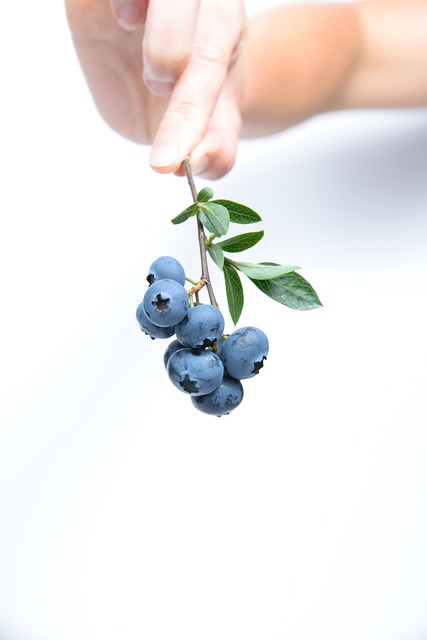Demystifying Prebiotics: The Key to Maximizing Probiotic Benefits
When it comes to gut health, probiotics often steal the spotlight. But did you know that prebiotics play a crucial role in maximizing the benefits of probiotics? While probiotics are live bacteria that support a healthy gut, prebiotics are the nourishment these beneficial bacteria need to thrive.
What are Prebiotics?
Prebiotics are a type of dietary fiber that cannot be digested by humans. Instead, they pass through our digestive system intact until they reach the colon, where they act as food for the good bacteria residing there.
There are various types of prebiotics, but the most common ones include fructo-oligosaccharides (FOS) and inulin. You can find them naturally in many foods, such as bananas, onions, garlic, asparagus, and whole grains. Additionally, prebiotics can also be obtained through supplements.

The Role of Prebiotics in Gut Health
The gut is home to trillions of microorganisms, collectively known as the gut microbiota. Among these microorganisms, there are both beneficial bacteria and harmful bacteria. Maintaining a balanced and diverse gut microbiota is essential for overall health and well-being.
Consuming prebiotics helps to support the growth and activity of the beneficial bacteria in the gut. By providing a nourishing environment, prebiotics aid in promoting the growth of specific strains of bacteria that have been linked to various health benefits.
One of the key benefits of prebiotics is their ability to stimulate the production of short-chain fatty acids (SCFAs) in the gut. SCFAs, such as butyrate, acetate, and propionate, have been shown to have anti-inflammatory effects and can help strengthen the gut barrier. A healthy gut barrier is crucial in preventing harmful substances from leaking into the bloodstream and causing inflammation and other health issues.

Synergistic Relationship: Prebiotics and Probiotics
While prebiotics provide the nourishment for good bacteria, probiotics are the live bacteria that offer numerous health benefits when consumed. Probiotics can be found in certain foods like yogurt, sauerkraut, and kimchi, as well as in supplement form.
The relationship between prebiotics and probiotics is often described as symbiotic since they work together to support gut health. Prebiotics act as a food source, allowing probiotics to thrive and colonize the gut more effectively.
When prebiotics and probiotics are consumed together, their combined benefits are greater than when they are consumed individually. Prebiotics essentially act as a fertilizer for probiotics, ensuring their survival and activity in the gut.
How to Incorporate Prebiotics into Your Diet
If you’re looking to incorporate more prebiotics into your diet, here are some simple tips:
- Include more prebiotic-rich foods in your meals, such as garlic, onions, leeks, asparagus, bananas, and oats.
- Add prebiotic-rich ingredients to your smoothies, like flaxseeds, chia seeds, or a spoonful of inulin powder.
- Consider taking prebiotic supplements if you have trouble obtaining enough prebiotics from your diet alone







